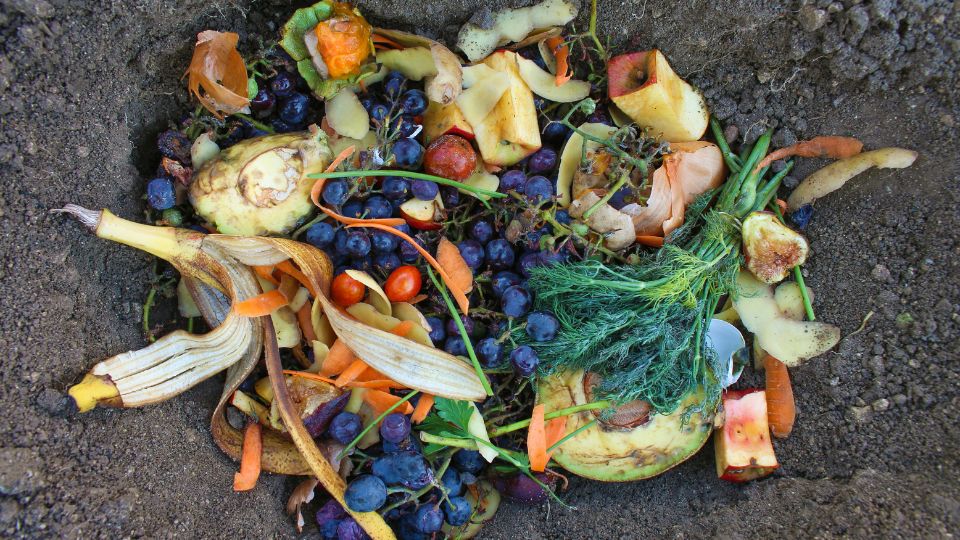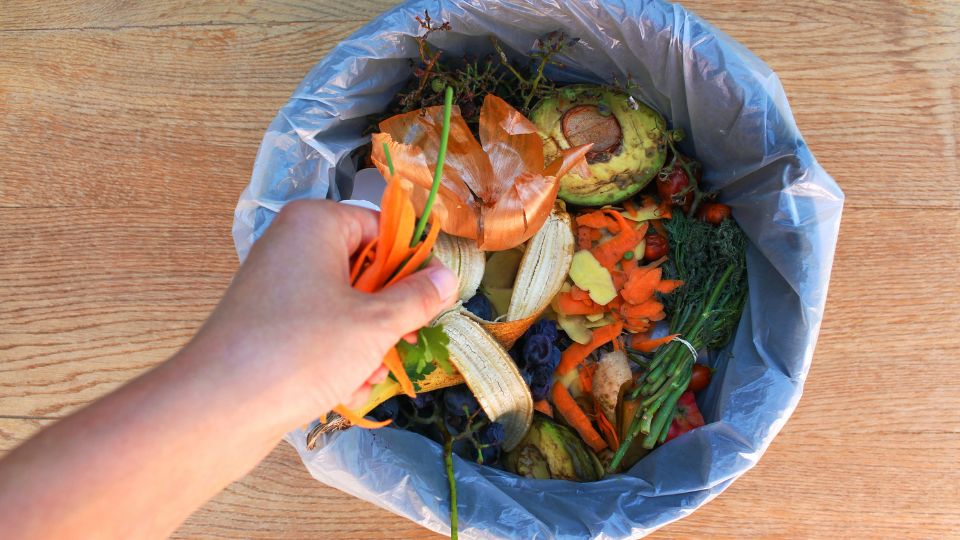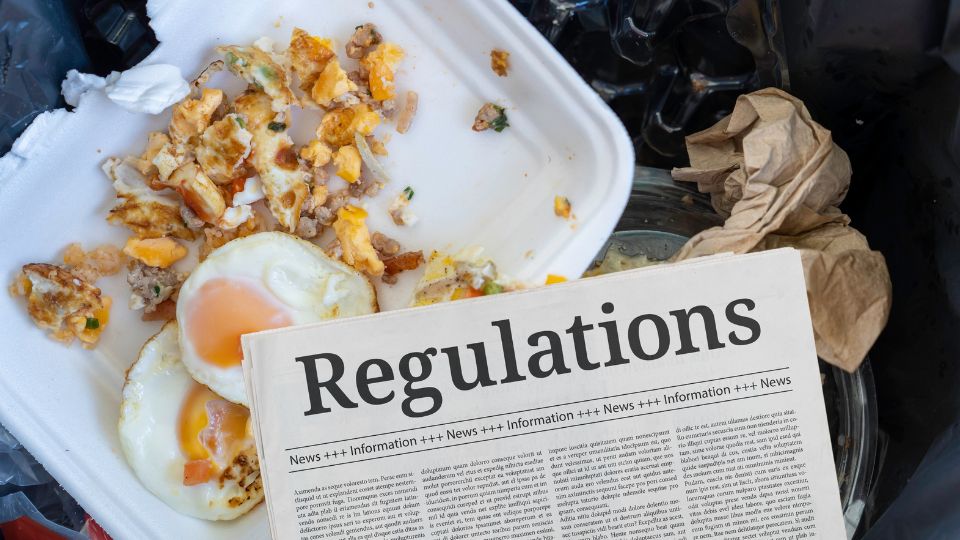
Quick Summary
- Food waste costs the UK around £20 billion annually, including the value of the food, production resources, and waste management expenses.
- Farmers and food producers suffer financial losses due to wasted food, disrupting the entire supply chain.
- Wasted food represents unnecessary spending for households and missed opportunities to aid those in need.
In an era where sustainability and efficiency are more critical than ever, one issue remains glaringly problematic yet often overlooked: food waste.
A recent report by WWF and Tesco reveals that nearly 3 million tonnes of edible food, worth £1.8 billion and equivalent to 6.9 billion meals are wasted on UK farms each year. But the impact of food waste goes far beyond these staggering figures.
It affects various aspects of our economy, from agriculture and waste management to household finances. Here’s a closer look at how food waste affects the UK economy and what we can do to address it.
Table of Contents
What Does the UK Do with Food Waste?
Food waste is a pressing issue with substantial economic and environmental impacts. In the UK, food waste management involves several strategies aimed at reducing the environmental impact and maximising resource recovery:
Waste Collection and Sorting: Local councils collect food waste separately from other waste types. This waste is often sorted to separate organic material from non-organic materials.
Composting: A significant portion of food waste is processed through composting. This process turns organic waste into compost, which can be used as a soil conditioner, thereby returning nutrients to the soil and reducing the need for chemical fertilisers.
Anaerobic Digestion: Another method used is anaerobic digestion, where food waste is broken down by microorganisms in the absence of oxygen. This process produces biogas, which can be used to generate electricity, and digestate, which can be used as a fertiliser.
Food Recovery and Redistribution: Organisations and charities work to recover surplus food and redistribute it to those in need. This helps reduce food waste and addresses food insecurity simultaneously.
Waste-to-Energy: Some food waste is processed in waste-to-energy plants, where it is converted into energy. This method helps reduce reliance on fossil fuels and contributes to renewable energy-producing resource recovery:
How Does Food Waste Affect the UK Economy?

The economic impact of food waste in the UK is profound and multi-faceted:
Financial Losses
Annual costs
Food waste costs the UK approximately £20 billion annually. This figure includes not only the value of the wasted food but also the associated costs of production, transportation, and disposal.
Household Costs
On a household level, food waste results in an estimated £700 worth of wasted food per year per household. This represents a significant amount of unnecessary spending that could be better utilised as 17% of households in the UK were food insecure in 2023 up from 8.8% in January 2022 and 7.4% in January 2021.
Resource Inefficiency
The resources used in producing wasted food—such as water, energy, and labour—are squandered. This inefficiency impacts both the environment and the economy, as wasted resources could have been used more effectively.
Increased Waste Management Costs
Managing food waste incurs significant costs for local councils and waste management services. These costs can lead to higher taxes or service fees for residents and businesses.
Impact on Supply Chains
Food waste disrupts supply chains, leading to financial losses for farmers, producers, and retailers. The economic ripple effect can affect the broader economy and contribute to higher prices for consumers.
Conclusion
Food waste is not just a matter of environmental concern; it has substantial economic implications for the UK.
From financial losses and resource inefficiency to increased waste management costs and disruptions in supply chains, the impacts are wide-ranging. By understanding what the UK does with food waste and recognising the economic costs, we can take steps to reduce waste, save money, and promote a more sustainable and efficient food system.
Addressing food waste requires collective action and innovation, and it’s an essential part of building a more resilient economy.








